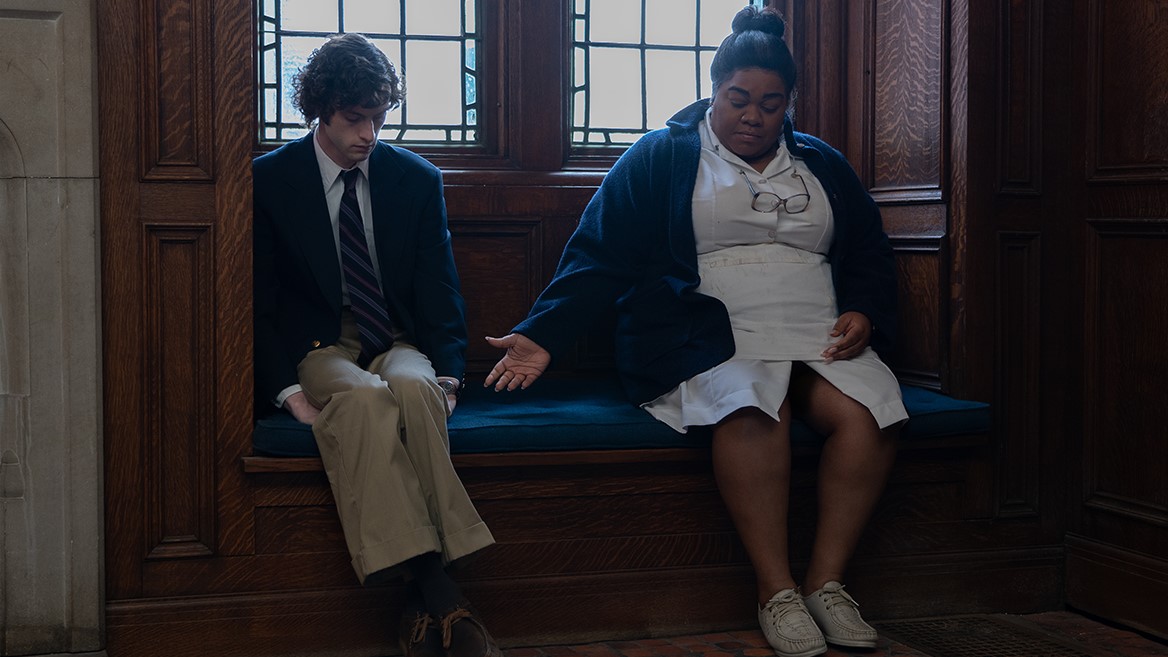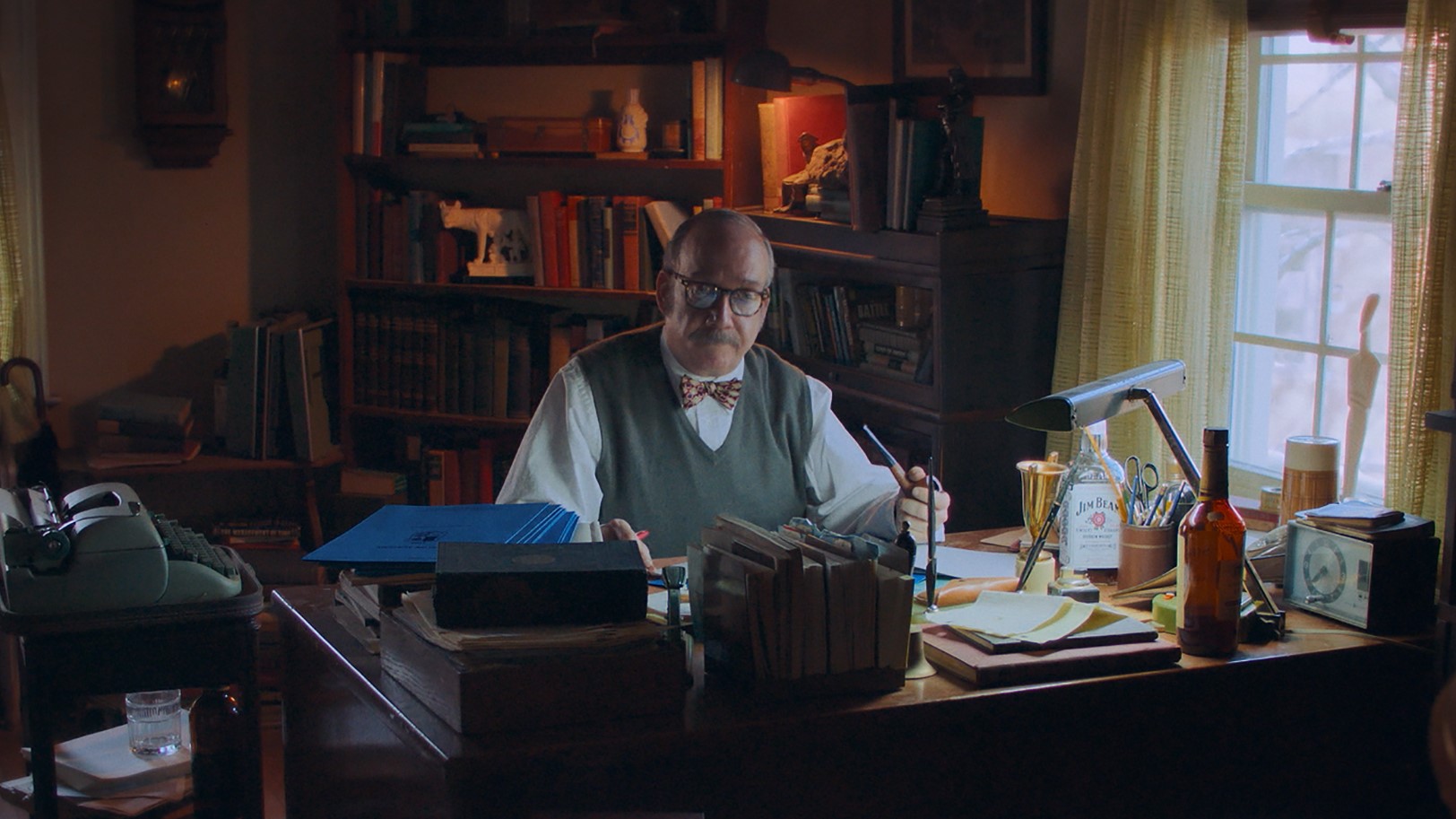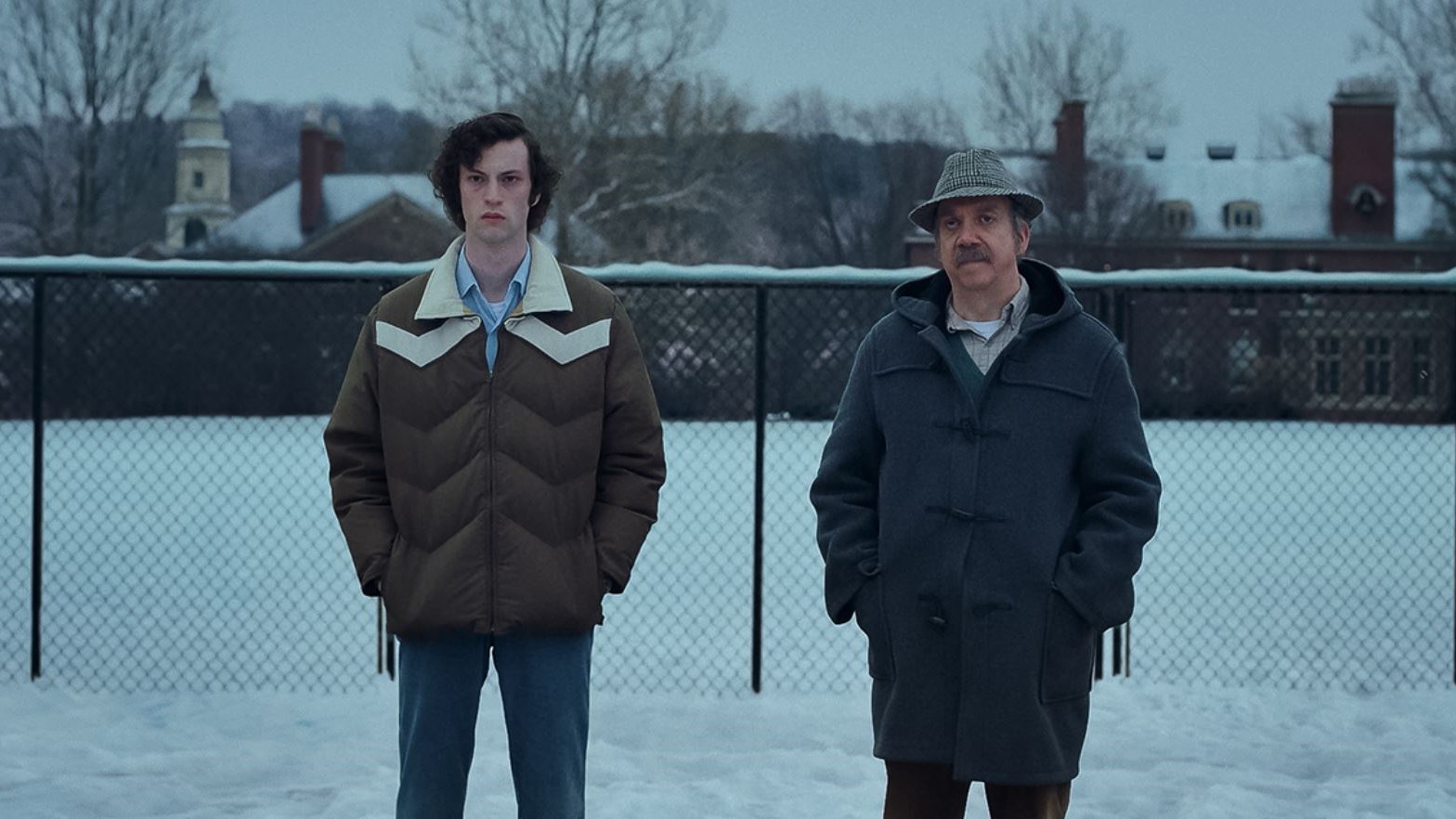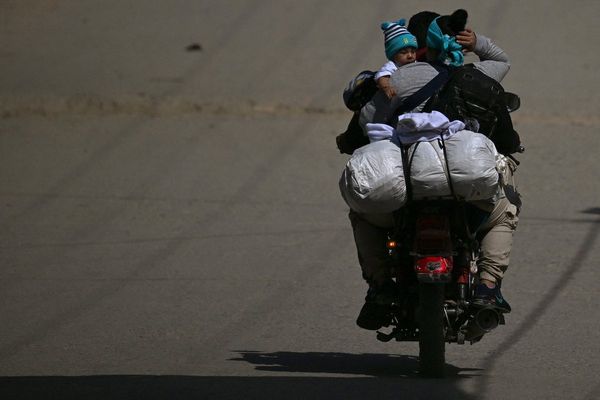
Director Alexander Payne made headlines when he said Hollywood needs to be making more mid-budget "adult dramas" for audiences that may not be as interested in the varying action and sci-fi franchises that dominate the slate of new movies these days. That is something David Hemingson agrees with, which is appropriate as the pair teamed up on The Holdovers, currently playing in select US theaters and expanding nationwide on November 10.
The Holdovers is a dramedy that centers on a curmudgeonly professor at a New England boarding school in the 1970s that is stuck babysitting a group of students that have nowhere to go for the winter break. However, he forms an unlikely bond with one of the students and the school's head cook. The movie stars Paul Giamatti, Da'Vine Joy Randolph and newcomer Dominic Sessa and is, in my opinion, one of the best movies of the year (find out why in my The Holdovers review).
I had the chance to speak with Hemingson about his work on The Holdovers. Naturally Payne's comments came up. After he made his agreement with Payne on the need for more adult dramas clear (though he shared he enjoys Marvel movies as well), I asked what he thought moviegoers were missing from not having those types of stories as widely available.
"What we are missing when we rely on spandex too much is that you're not ennobling your experience and my experience in the everyday world," he said. "You're not saying that our lives are worthy of the heroic treatment."
"I got nothing against [the superhero] genre, I just think you're short changing the human experience in a way that kind of diminishes the movie experience. Honestly, it leaves so much on the table man. You've got this fantastic medium that can touch people, we're only going to use these two Lego bricks over here?... why aren't we talking about the universal human emotions in a way that is really grounded?"
He also wonders why can't we have our superheroes, while they are dealing with some Earth-threatening event, also "have these really interesting revelations."
In a fun coincidence, The Holdovers is going nationwide in the US the same day that the latest superhero movie hits the big screens, The Marvels. So moviegoers are can see both the high-flying heroes of the MCU and the everyday ones that Hemingson so wonderfully brought to life in his movie.
Continue reading below for more of the chat I had with Hemingson (note some of the responses have been edited for clarity).
What to Watch: What was the genesis of The Holdovers?
David Hemingson: About six years ago I wrote a pilot based upon my personal experiences. I had been on an overall television deal and had been writing stuff that was sort of more recognizably mainstream network television. And when I got out of the deal I'm just like I want to write something for myself that is reflective of what I think I can stretch myself and also go into the past and try to write what I knew… So I wrote about my own experiences in a pilot called Stonehaven.

My agent read it and he's like, "I really like this." He goes, "no one is going to make this because it's about a prep school in 1980." I'm like, "I know." ... He's like, it's good, so he says "I'll see what I can do." He ended up giving it to his client… who gave it to Alexander Payne, and Alexander Payne read it and called me out of the blue. I thought I was being pranked by a friend of mine when he called up, because I didn't look down at the screen. I was driving back from LAX, and I thought it was my buddy Bob pretending to be — he does it like with Francis Ford Coppola sometimes. I was about to go tell him to f*** off, basically, and then I saw the area code, I saw the Omaha area code.
Alexander had read the pilot and was just like, "I love this." And I'm like, "Oh my god, dream is born, Alexander Payne is going to shoot my pilot." The next thing he says, "I don't want to shoot this." I was like, "OK, dream dies immediately, that's fine." But he said, "I'd like you to write a movie for me in the same world."
We landed on 1970 and he had a logline, which was odoriferous, ocularly-challenged professor, is forced to stick around over Christmas with some students, one of whom the boy's mother has sort of abandoned him to go on a honeymoon, that's all I knew… everything else just sort of flowed from there.
WTW: Payne is an Oscar-winning screenwriter in his own right, but you have the lone writing credit on The Holdovers. What was it like collaborating with Payne on the script?
DH: The reason he tapped me was he felt like he wanted to make this movie but he didn't have the requisite personal experience he thought the writer needed to really write with a degree of verisimilitude. So he was happy to credit me and let me write it. He describes the experience, which I think is quite accurate, as the first time that he directed a writer. He's directed actors, he's never directed a writer.
So that would be me initially trying to break the story and sending him a few versions of the film and him going, "I like this part, but I don’t like this part." He wouldn't necessarily suggest changes, but he'd just be like I want you to think about what it could be… like with an actor. …You wouldn't tell an actor you need to cry here, you'd be like what's going to work for you. So he kind of directed me in that regard.
I would send him like an act at a time, typically, and I'd get notes on the act and I'd rewrite and sometimes I'd combine the two acts and send them. So he would sort of just give this scene is not working or more of this or can we do this early, and I would go back and adjust. That's how we did it. But he's an incredibly gracious man, so it was always a pleasure.
WTW: Were you still able to weave in bits of your personal experience from the pilot?
DH: A lot of the stuff I expressed directly in the pilot about my own experience, I just sort of took the explicit life analog of the pilot and then just got rid of that and just took the character, the essences of some of these characters, because they were based upon people I knew — myself, my uncle, my father, my mother — and I just took those people and I found a way to put them in the movie. So I was able to take kind of the emotional truth of the characters and the emotional engines of the characters and put them into new characters that had new trajectories but the same interior kind of landscape.
WTW: The movie is set in the 1970s. Watching it you definitely get the feel of a movie from that era — the look and the focus of the characters that you get from your screenplay. Were there any movies from that era that inspired you?
DH: I am so glad you asked that question, because as a threshold matter, when we were first talking about the movie, Alexander sort of figured out, "I kind of think I want to make a 1970s movie." I will say this, to be called up to the majors to write for Alexander Payne is a huge honor, right. So I was familiar with his stuff already. In a weird way, he's been making 1970s movies his whole career. He's been making humanist, character-driven dramedies his whole career.
But, specifically to your point, the 1970 vibe to it all… Alexander had just been a talking head in a documentary about Hal Ashby. And I love Hal Ashby. As Alexander likes to say, he made seven of the greatest films of the latter half of the 20th century from 1970 to 1980. So to answer your question, yes.

I want to give a shout out to a couple of guys right now, because they're remarkable. There's a place called Cinefile Video on the corner of Sawtelle and Santa Monica Boulevard in Los Angeles. Two guys, JP and Greg, who kind of run the counter there most of the time. I would go in… I point blank said, "Look, I'm writing a movie for Alexander Payne." They’re like, "Oh my God." I said, "I need to go to film school on his back, I need to start watching some serious movies." They're like, "Ah man, come over here." You know the Ashby section. Right over here, look up to the left, there's the [Robert] Altman section, OK, watch all the Altman pictures. OK. What's over here? You've got some Milos Foreman… or Bob Rafelson. Also, coming of age story, OK, that means we look at [Francois] Truffaut, The 400 Blows. Or father-son dynamics, that's Bicycle Thieves
The 1970s movie aesthetic was something [Payne] wanted to achieve, he wanted to make it look and feel like that. But from a narrative standpoint, from a storytelling standpoint, I just saturated myself in the films from that era to try to understand the pacing... and the tone of these films, which is less frenetic and more nuanced than the stuff that you see today. It was kind of a fascinating exercise and it changed me forever as a writer to do that, because once you do that, man, it's hard to go back. It's hard to just do the expository. Like, I'll front load the exposition and then I'll have a bunch of explosions.
The Holdovers is now playing in US movie theaters. It opens in the UK on January 19.







